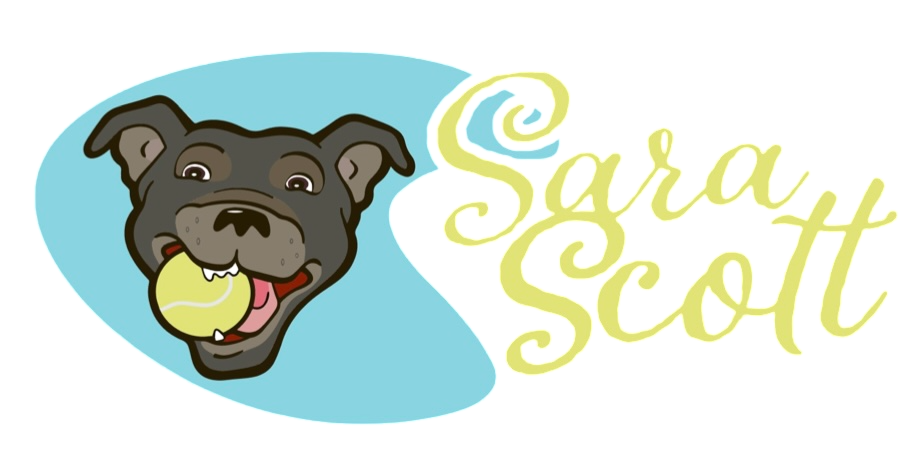The Ripple Effects of Dog Agility on Health and Happiness
- Sara Scott

- Apr 15, 2024
- 2 min read
I had the pleasure of interviewing Olivia Hendricks for the latest edition of Bay Woof, focusing on dogs participating in agility. Our discussion not only highlighted the athleticism required by this sport but also the subtle ways it enhances the relationship between dogs and their owners. Let’s delve deeper into how agility training positively influences both dogs and their owners, impacting their health and emotional well-being.

Enhanced Communication:
Training for dog sports like agility demands clear and consistent interaction. Understanding and responding to behavioral cues helps owners and dogs develop a mutual language. This improved communication facilitates a more harmonious living environment, smoothing daily interactions.
Physical Health Benefits:
Agility training offers significant benefits for dogs, boosting their fitness, agility, and overall stamina. For owners, engaging in agility means increased active time outdoors, promoting better physical health and endurance. Olivia relates agility to her previous experience in competitive horseback riding, noting the fast pace and athletic demands.
Mental and Emotional Well-being:
Participating in agility training is mentally challenging for dogs, teaching them to navigate complex courses and respond to cues promptly. This mental stimulation keeps them focused and can alleviate behaviors linked to boredom or anxiety. Owners too gain mental health benefits; the joy and pride of achieving goals with their dogs can be immensely satisfying and emotionally uplifting.
Community and Social Interaction:
Olivia’s engagement in agility has connected her with a community of like-minded enthusiasts who share a passion for dog training. This aspect of dog sports fosters new friendships and provides support from a community that values structured, positive interactions with dogs.
Training and Behavioral Improvement:
The skills honed in agility courses enhance more than just sport performance. They contribute to better behavior at home and in public settings. Olivia’s experiences illustrate that agility training can improve a dog’s ability to focus even in distracting environments, which is advantageous in everyday life.
Conclusion:
The benefits of engaging in dog agility extend far beyond the training field, affecting health, communication, and emotional well-being profoundly. For a deeper exploration of how agility can transform the relationship between you and your dog, read the full conversation with Olivia Hendricks in my article for Bay Woof. Discover her personal journey, the challenges she faced, and the extensive rewards that agility training has brought to her life.
If you’re facing challenges with your dog’s behavior or simply want to explore new training opportunities like agility, I’m here to help. Click here to schedule a personal consultation with me. Together, we can discuss your dog’s unique needs and design a training plan that enhances your dog’s well-being and your mutual enjoyment. Don’t wait to start this rewarding journey—book your consultation today and take the first step towards a happier and healthier life with your dog.




Comments